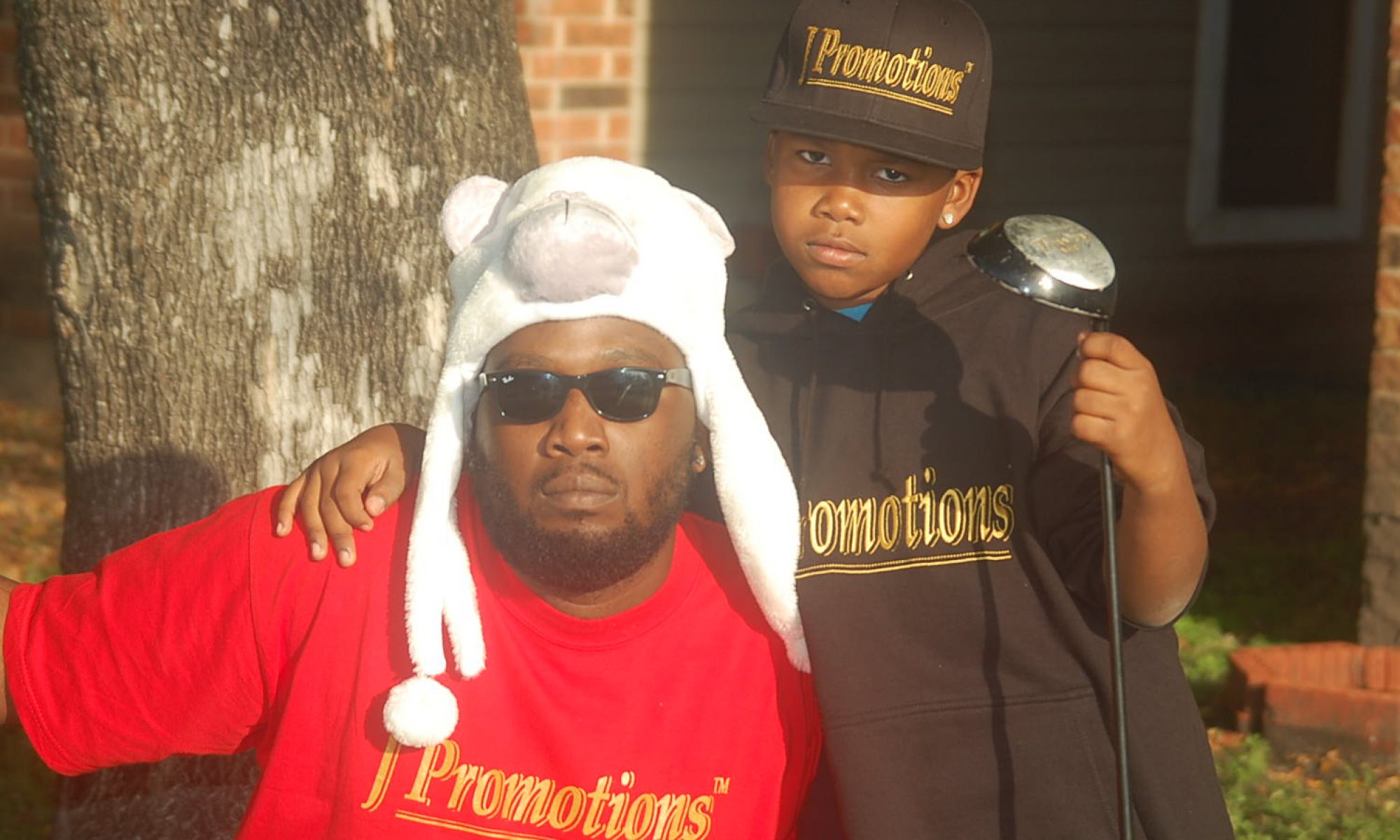Candice Wiggins didn’t hold back on the WNBA in a jaw-dropping new interview.
The basketball player, 30, told The San Diego Tribune that she’d been planning to continue playing for an additional two seasons before opting to retire from professional sports in 2016 after eight seasons. Among the factors that influenced her decision, she said, was that she’d been subjected to aggressive behavior from her teammates… for not being gay.
“I didn’t like the culture inside the WNBA, and without revealing too much, it was toxic for me,” Wiggins, who played for the Minnesota Lynx, Tulsa Shock, Los Angeles Sparks and New York Liberty, said. “Me being heterosexual and straight, and being vocal in my identity as a straight woman was huge. I would say 98 percent of the women in the WNBA are gay women. It was a conformist type of place… People were deliberately trying to hurt me all of the time.”
According to the Tribune, there is currently no published data on the number of WNBA players who publicly identify as gay. Still, at least 12 current and former players have come out publicly in various forms of media. Sue Wicks, who retired after playing with the New York Liberty, is believed to be the first WNBA player to publicly identify as a lesbian while still active in professional sports in 2002, while former Phoenix Mercury player Brittney Griner came out shortly after being drafted by the WNBA in 2013.
Adding to the WNBA’s “very, very harmful” culture, Wiggins claimed, was that players were expected to “look like a man, play like a man” to get respect. “It comes to a point where you get compared so much to the men, you come to mirror the men,” the 30-year-old Maryland native said. “I was the opposite. I was proud to a be a woman, and it didn’t fit well in that culture.”
Lackluster enthusiasm from sports fans, she said, deepened her discontent with the sport. “Nobody cares about the WNBA,” she said. “They give away tickets and people don’t come to the game.”
Among those to refute Wiggins’ claims was San Antonio Stars small forward Monique Currie. In a Feb. 21 blog, Currie said she’d “never witnessed the kind of bullying” that Wiggins had described in her interview.
“This does not mean it did not happen but I’m proud to be apart of a league that supports inclusion and celebrates all players regardless of their race, religion or sexuality,” Currie, 33, wrote. “Wiggins needs to check her privilege at the door, and not group her very unfortunate personal experiences on an entire group of women… If you want things to be great then start with accountability first and maybe ask yourself, ‘What did I do to make the atmosphere better for future players?’”
Regarding Wiggins’s claims on ticket sales, Currie pointed to WNBA statistics, which found that the league’s 2016 season “scored its highest attendance in five years and included record marks for WNBA digital, social media and retail.”
— This feed and its contents are the property of The Huffington Post, and use is subject to our terms. It may be used for personal consumption, but may not be distributed on a website.
Source: HuffPost Black Voices
